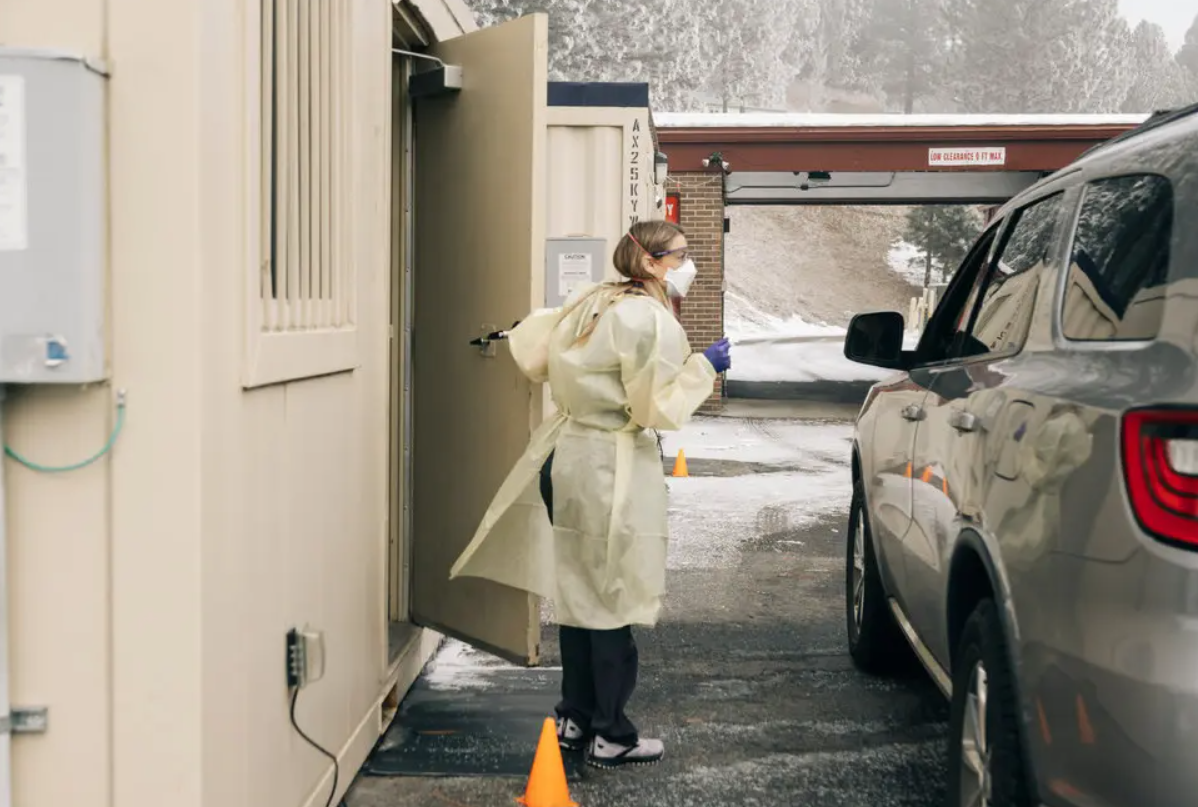A Shift in Covid Isolation Guidelines
Situasi ID – The Centers for Disease Control and Prevention (C.D.C.) is contemplating altering its recommendations regarding the duration of isolation after a positive Covid test. This reflects evolving attitudes and norms amidst the pandemic’s ebbing tide.
Proposed Changes: Shortened Isolation Period
Under the proposed guidelines, individuals may no longer need to isolate for five days after testing positive for Covid. Instead, they could resume normal activities if they have been fever-free for at least 24 hours without medication, aligning with standards for influenza and respiratory syncytial viruses.
A Nationwide Shift
The proposal aims to harmonize the C.D.C.’s advice with revised recommendations in Oregon and California. While reported by The Washington Post, the change is still in deliberation, according to informed sources.
Evolution of C.D.C. Policy
The C.D.C. revised its isolation policy in late 2021, reducing the recommended period from 10 days to five. Adopting this new approach would signify Covid’s assimilation among routine respiratory infections.
Expert Perspectives
However, some experts believe the focus on Covid isolation policies neglects opportunities for broader public health advancements.
Dr. Syra Madad, from NYC Health + Hospitals, emphasizes the need for structural changes beyond isolation periods to address future health crises effectively.
Concerns and Considerations
Critics worry that a reduced isolation period might convey a premature sense of safety regarding Covid. Despite declining numbers, the virus remains a significant threat, claiming numerous lives daily.
Long-term Implications
Dr. Boghuma Titanji of Emory University underscores the importance of evidence-based recommendations and highlights the risk of long Covid, even in mild cases.
Dr. Jennifer Nuzzo of Brown University expresses concerns about the new recommendations’ implications for vulnerable populations, advocating for additional precautions.
Embracing Precautionary Measures
Dr. Jay Varma suggests that normalized mask-wearing, akin to other preventive measures, could become more accepted over time, fostering community health.
Conclusion
The potential shift in C.D.C. isolation guidelines reflects the evolving landscape of the pandemic. While adjustments may offer practical benefits, comprehensive public health strategies should address broader challenges and safeguard vulnerable populations.
FAQs
- Does one day without fever guarantee safety from Covid?
- While significant, it’s crucial to exercise caution and consider the broader context of the pandemic’s impact.
- Are there concerns about the proposed changes overlooking high-risk individuals?
- Critics raise valid concerns regarding the potential implications for older adults and those with compromised immune systems.
- What additional precautions are recommended alongside the proposed isolation changes?
- Experts suggest continued mask-wearing, especially for individuals ending isolation after one fever-free day.
- Why is there controversy surrounding mask-wearing in the United States?
- The debate reflects societal attitudes and concerns about personal freedoms versus public health imperatives.
- How can individuals stay informed about evolving Covid guidelines?
- Regularly consult trusted sources such as the C.D.C. and reputable health organizations for the latest updates and recommendations.


